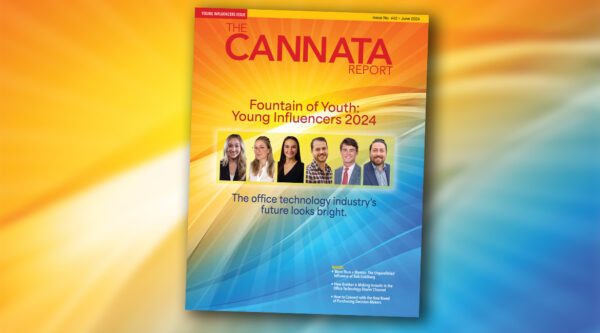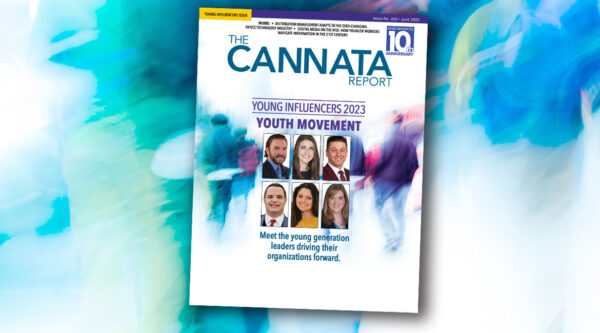A shift is underway, and the time to prepare is now.
Gen Z and millennials are now, combined, the largest demographic cohort in the United States. Millennials have been in the workplace for some time, and Gen Zs are starting to enter. Both have different needs, perspectives, goals, and values than previous generations in the workforce.
Let’s take a look at the birth years of these two groups:
- Millennials are anyone born from 1981 to 1996.
- Gen Z is anyone born from 1997 to 2012.
While discussing this generational change and what it means for the workplace, we should also consider Generation Alpha! This includes all children born in or after 2010, which was the year the iPad came to market. That overlap of two years, Gen Z ending in 2012 but Generation Alpha starting in 2010, is because there is no agreement on the generation’s length. For this article we’ll put Generation Alpha starting with those born in 2013 because that seems to be the most common definition.
That said, it’s a bit of time before we start seeing Generation Alpha in the workforce, but time flies, and as employers think about attracting and retaining millennials and Gen Z, they should keep their eyes on Alpha too. Since millennials have been in the workforce for some time, this article will focus on Gen Z, the oldest of which are now in their mid-20s.
Gen Z On the Rise
About 69 million Gen Zs are living in the United States, according to a blog post, “25+ New Generation Z Statistics,” on the website Exploding Topics. Over a third of them are already in the workforce, and many of those started work during the pandemic when they experienced work primarily as remote or hybrid. Now that many companies are starting to mandate back-to-office work, a battle may be brewing.
According to research from Deloitte, work/life balance is the top factor Gen Zs use when choosing an employer. And unlike my father’s generation (pre-Boomer), they are not looking for longevity at a company; many plan on leaving their jobs within the next couple of years.
One factor that may spur those departures faster is reflected in a Harris Poll conducted last October where 73% of remote and hybrid employees said they’d probably find another job if their company forced them to work from the office full time. This goes beyond Gen Z, but it is notable as employers think about their back-to-office policies. Of course, certain types of work cannot be done remotely—think operating an offset press or delivering medical care in an ICU.
The Deloitte study also found that 57% of Gen Zs who plan on switching careers say they’re not satisfied with their employer’s efforts to make a positive societal impact. Fifty-two percent also say they’re unhappy with their employers’ efforts to create a diverse and inclusive work environment. Finally, 56% say their employers fail in their commitment to sustainability.
This is a tectonic shift in employee values. This generation is more diverse, educated, and likely to take action than its predecessors. The report concludes, “Gen Zs see both the opportunities and challenges of today’s world. They’re willing to express their demands to their governments and employers. Over the next several decades, we’ll witness just how much Gen Z will impact the world and future generations.”
Value-Driven
We are seeing this shift in values play out in a number of ways with Gen Z. As noted, work/life balance is key, and while some say this means they are lazy, that’s simply just not true. Of course, all generalizations are false. This generation is looking to improve the world in a way that might help ensure a world populated by humans when they reach old age. More than any other generation, Gen Z sees sustainability and the climate crisis as priorities.
For example, they may be the first generation to break out of the excessive consumerism we have seen with previous generations. If they are not going to buy cheap, throwaway clothes, brands will have to change their strategies. And fast. And it’s not just in fashion. This move away from excessive consumerism will affect industries across the board.
In the workplace, Gen Z will be looking around for things like how much alternative energy is being used, what’s being done with recycling, and whether water is being wasted and green spaces are being protected, to name a few. They are more likely to be using electronic vehicles or electric bicycles and will expect charging stations for them.
But most importantly, to be happy at work, they need to feel they are contributing to their team, the company, and the planet. This requires significant transparency on the part of management in disclosing details about the business: What are the company values, and how are those translated into a proactive approach? How is each employee contributing to the company’s success, and how are the company’s products/services benefiting the environment or other social aspects?
This includes diversity, sustainability, work/life balance, and inclusivity. How does the Gen Z worker fit into the whole picture, and how is their role adding value? Does management listen to and, where appropriate, take action, relative to their ideas?
Over time in the print-related industries, it has increasingly been recognized that to drive change in the organization and keep up with the emerging technologies and market trends, companies must recruit younger people who have grown up in the digital age, who are not afraid to ask questions or challenge assumptions, and who do not believe that their age should be a factor in whether or not their ideas are valued. Isn’t the whole point of recruiting younger digital natives to benefit from those ideas? If the ideas are routinely given short shrift, that does not bode well for meeting the needs of either Gen Z employees or the company.
As these folks increasingly make sense of what they are doing and why, as well as what brands and the global community are doing, they are well-positioned to bring fresh ideas and insight that could accelerate our progress to a more sustainable world—if only we listen and take them seriously.





